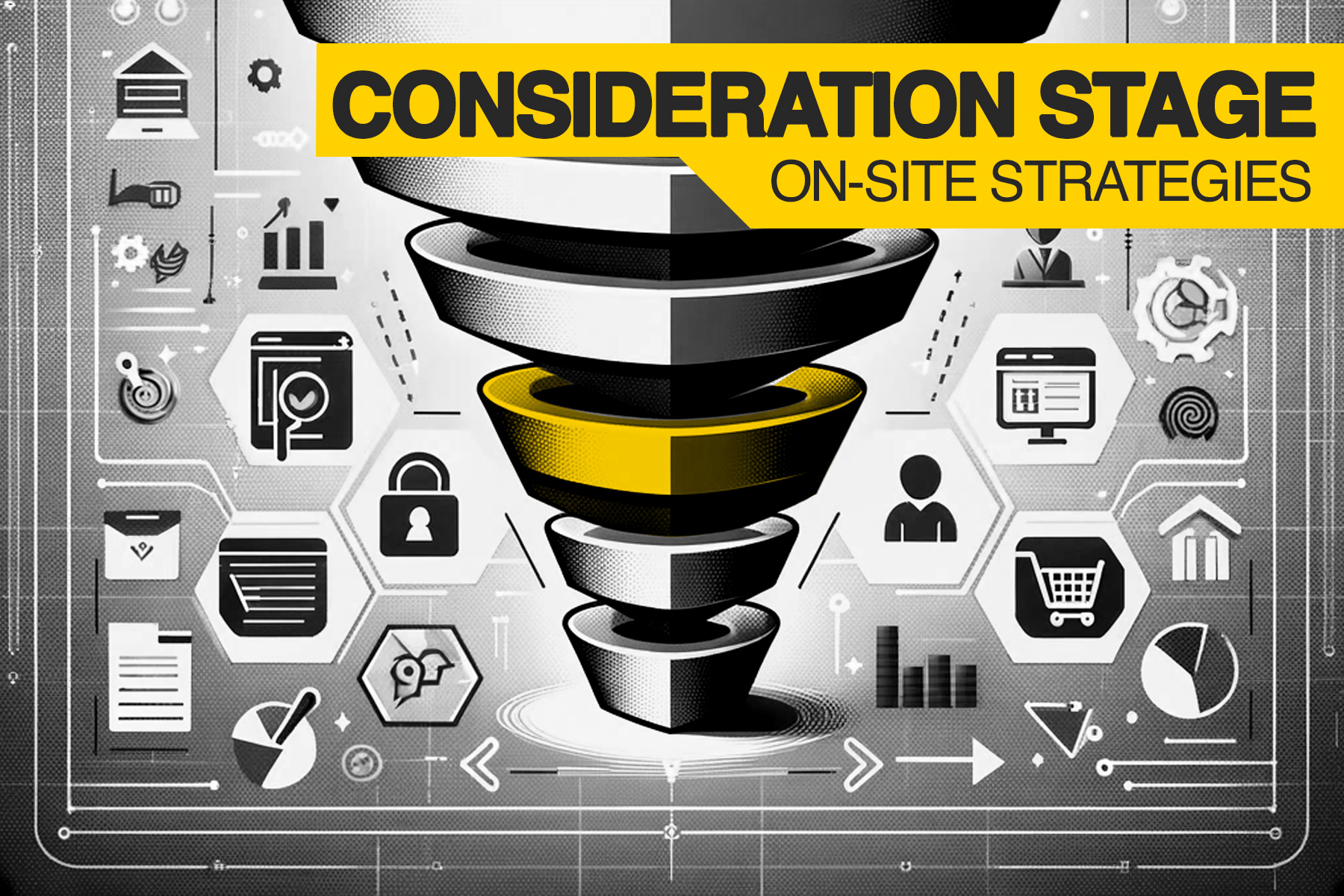In today’s digital age, where online transactions have become the norm, ensuring the security of payment processing on e-commerce websites is of paramount importance. One crucial aspect of maintaining this security is adhering to PCI DSS compliance standards.
In this article, I will delve into the significance of using a PCI compliant payment processing service for both B2B and B2C e-commerce websites. From understanding what PCI compliance entails to exploring the negative impact of unsecured payment options on conversions, I’ll also highlight some of the most popular PCI compliant payment processing options available for e-commerce businesses.
What is PCI Compliance?
PCI compliance, or Payment Card Industry Data Security Standard (PCI DSS) compliance, refers to a set of security standards designed to protect sensitive payment card data during transactions. These standards are established to prevent data breaches, identity theft, and fraudulent activities that could compromise customers’ financial information.
Adhering to PCI compliance ensures that e-commerce businesses follow specific protocols to secure payment card information and maintain the trust of their customers.
Understanding the PCI DSS Standards
The PCI DSS standards encompass a range of security measures, including encryption, access control, regular security testing, and vulnerability management. These standards are applicable to all businesses that store, process, or transmit payment card data, regardless of their size. Compliance with these standards involves implementing strict security protocols and undergoing regular assessments to identify vulnerabilities and address them promptly.
By using a payment processing service that is PCI compliant, you do not have to worry about these standards as you do not store any financial information in-house.
Impact on Conversions
Building Customer Trust and Confidence
Customers are more likely to make purchases from e-commerce websites that prioritize their data security. By displaying PCI compliance, businesses convey their commitment to protecting customer information, thereby building trust and confidence in their brand. This trust factor contributes to higher conversion rates and increased customer loyalty.
Mitigating Security Concerns
E-commerce websites that fail to provide secure payment options often face customer skepticism. A lack of PCI compliance raises concerns about the safety of sharing credit card information, leading potential customers to abandon their shopping carts out of fear for their data’s safety.
Reducing Cart Abandonment Rates
Unsecured payment processing can result in higher cart abandonment rates. Customers who don’t feel confident about the security of their payment information are more likely to leave the checkout process unfinished. Implementing PCI compliant payment processing services reduces these anxieties, encouraging customers to complete their transactions.
Benefits of PCI Compliant Payment Processing Services
Robust Data Encryption
PCI compliant payment processing services utilize advanced encryption techniques to protect payment card data during transmission. This encryption ensures that even if unauthorized parties intercept the data, it remains indecipherable and useless to them.
Regular Security Audits and Assessments
Businesses that adhere to PCI compliance undergo regular security audits and assessments. This ongoing monitoring helps identify vulnerabilities and weaknesses in the payment processing system, allowing businesses to rectify issues promptly and maintain a secure environment.
Fraud Detection and Prevention
PCI compliant payment processing services often include robust fraud detection and prevention mechanisms. These systems analyze transaction patterns and behaviors to identify potentially fraudulent activities, providing an added layer of security for both businesses and customers.
Top PCI Compliant Payment Processing Options
PayPal Pro

PayPal Pro offers a comprehensive payment processing solution with built-in PCI compliance features. It allows businesses to process payments directly on their websites, offering a seamless checkout experience to customers.
Stripe

Stripe is a popular choice for e-commerce businesses, offering PCI compliant payment processing and customizable checkout options. Its developer-friendly interface and strong security measures make it a preferred option for businesses of all sizes.
Authorize.Net

Authorize.Net provides a secure platform for processing credit card payments. It offers multiple integration options and provides businesses with the tools they need to maintain PCI compliance while offering a smooth payment experience.
Square

Square offers a range of payment processing solutions, including in-person and online transactions. Its PCI compliant features ensure secure transactions, and its user-friendly interface makes it an attractive option for businesses transitioning to e-commerce.
Choosing the Right Payment Processing Service
When selecting a PCI compliant payment processing service, businesses should consider factors such as their specific needs, budget, and integration capabilities. It’s important to choose a service that aligns with the business’s goals and provides a secure and user-friendly experience for customers.
Red my “The Bottom-Line Breakdown: What Are The Costs Of Traditional Order Processing?” post to learn why you really need a good online payment system
Conclusion
In the dynamic world of e-commerce, prioritizing the security of payment processing is non-negotiable. PCI compliant payment processing services offer the necessary measures to safeguard sensitive customer data, build trust, and boost conversions. By selecting the right PCI compliant payment processing option, businesses can ensure a seamless and secure payment experience, leading to increased customer satisfaction and long-term success.
FAQs
What does PCI compliance stand for?
PCI compliance stands for Payment Card Industry Data Security Standard compliance, a set of security standards aimed at protecting payment card data during transactions.
Why is PCI compliance important for e-commerce websites?
PCI compliance is crucial for e-commerce websites as it ensures the security of customer payment data, builds trust, and reduces the risk of data breaches.
How does PCI compliance impact conversion rates?
PCI compliance positively impacts conversion rates by building customer trust, mitigating security concerns, and reducing cart abandonment rates.
What are some popular PCI compliant payment processing options?
Some popular PCI compliant payment processing options include PayPal Pro, Stripe, Authorize.Net, and Square.
What factors should businesses consider when choosing a payment processing service?
Businesses should consider factors such as their specific needs, budget, and integration capabilities when choosing a payment processing service.


